
By PETER YOON, Rafu Digital Editor
The Oxford English Dictionary defines intersectionality as “the interconnected nature of social categorizations such as race, class, and gender, regarded as creating overlapping and interdependent systems of discrimination or disadvantage.”
In an exclusive interview, renowned actor and activist, George Takei shared his experiences with intersectional racism, growing up as both an ethnic and sexual minority in America. From his upbringing, scarred by the internment of Japanese Americans during World War II, to a closeted young man pursuing a career in acting, and now a legendary actor and gay rights activist, Takei recounted his journey through one of the darkest periods of American history.
Takei came out publicly in 2005, in response to Governor Schwarzenegger’s veto of AB849, the bill that would have legalized same-sex marriage in California. Takei was 68 at the time. “Very early in my life, I learned that you could not be an actor and be gay,” said Takei, “ You would not be hired. Throughout society it was taboo, but in the film business, they would not touch you with a ten-foot pole.”

Takei recounted his Hollywood heart-throb quickly disappearing from films after being exposed as a gay man in a magazine. It was a lesson that Takei learned early on, and it shaped his decision to stay closeted for most of his life. But it was not the first time that Takei learned how he would be ostracized for his differences.
On December 7, 1941, Japan attacked Pearl Harbor.
“I was four years old at the time, but I knew that we looked exactly like the people that bombed Pearl Harbor,” recalled Takei, “Except we were Americans. My parents were yelled at and called all sorts of ugly things on the street. My father’s car was graffitied with red paint with three letters: J-A-P. It was a terrorizing time for Japanese Americans.”
Two months after the attack on Pearl Harbor, President Roosevelt signed Executive Order 9066 into law. The order led to the incarceration of over 120,000 Japanese Americans. Even as a child, Takei remembered the terror he and his brother felt. Soldiers armed with rifles and bayonets marched up his steps and forced his family at gunpoint to abandon their homes and lives.

It is a story that Takei has told and retold many times. With vivid detail, he shared his memories of the internment, his mother’s tears as they were forced to abandon their homes and stay in horse stalls for months, the growling of soldiers as they called out the name of his first internment camp, “Rohwer”, and the stinging irony of reciting the Pledge of Allegiance each morning while wrongfully imprisoned.
The indignation didn’t stop there. Less than a year into their internment, the US government implemented the now infamous Loyalty Questionnaire. Takei did not hide his disgust with the document as he recounted the Catch-22 for those wrongly incarcerated in the camps.
Two questions in particular led to many Japanese Americans being labeled as disloyal. Question 27 asked the imprisoned to volunteer to bear arms for the government that imprisoned them. Many incarcerees had families and small children that relied on them in the camps and could not leave their families behind.
Question 28 asked if Japanese Americans would swear loyalty to the United States and forswear their loyalty to the Emperor of Japan. The question assumed an existing, inborn, racial loyalty to the Emperor. Answering yes would be confessing to a nonexistent loyalty to the Emperor while answering no would imply disloyalty to the United States.
“It was a no-win question. You lost with a no, you lost with a yes. My parents answered truthfully, and because of those two nos, they were labeled as disloyal. No-nos.”
His family was eventually transferred to Tule Lake. Takei recalled the barbed wire fences, sentry towers manned by machine guns, and half a dozen tanks. There they remained with other “No-nos” until their release in 1946.
After their release, Takei and his family found themselves penniless. Anti-Japanese sentiment was still at an all-time high, George was 8 years old.
“Growing up as a child, I was aware of the fact that I was different”, said Takei, “We were imprisoned on the basis of that difference. But as I got older, I realized there was another difference in me, I was attracted to boys.”
Takei recalled his childhood crushes, noting their bright smiles or their long lashes. He knew that he was different from other boys early on. Even after the war, Takei was well aware of the hatred that still lingered for Japanese Americans, but Takei had more to fear as a young child growing into his teenage years.
“There was another [child] who kinda sashayed when he walked, held his books to his chest. He was called a sissy and was beaten,” recalled Takei. “I knew there was a societal prejudice for people like that. I was punished for being different racially, I couldn’t do anything about that, but I could hide my attraction to other boys. So I acted. I acted like everyone else. I couldn’t hide my face, which got me and my family imprisoned, but I could hide how I felt.”
To avoid discrimination, Takei made a conscious effort to mimic the other boys his age. He would talk about girls and try his best to fit in with his heteronormative peers. “You grow up affected by societal norms, and [hiding] it becomes a protective thing,” said Takei, “I became an actor when I was very young.”
Through the hardships that Takei endured, the silver lining he found was a love for acting. While studying architecture at UC Berkeley, Takei’s father notified him of a dubbing job for the film Rodan. It was his first paying acting job. Takei provided voice dubbing alongside Chinese-American actor and Screen Actors Guild founding member, Keye Luke. “It was such a thrill to work with Keye Luke,” said Takei, “I got a visceral excitement out of that. And to be praised by the Number One Son in Charlie Chan, that got the fire burning in my stomach.”
Takei tried to talk his father into allowing him to study at the Actor’s Studio in New York. He wanted to be listed among the greats like Marlon Brando, Montgomery Cliff, and James Dean.

Takei’s father suggested that George instead go to the acting program at UCLA, noting that the Actor’s Studio provided no diploma or certificate upon completion. Takei’s father even offered to help pay for his schooling. The following summer, Takei transferred to UCLA. “He was a great businessman,” laughed Takei.
When speaking of his father, Takei’s words become halting, his respect and reverence for him readily apparent, “I loved my father. My father was my hero in many ways. He shaped me with the guidance he gave me.”
Takei never shared his sexuality with his father. “Because of my love for him, I found it incredibly difficult to share that part of my life with him,” said Takei, quietly, “I’m intrigued by the what if, now that my father is gone.”
When asked what kind of advice he would give to younger generations, Takei remained ever humble, “No one knows you as well as you do. I won’t be arrogant enough to give you advice on such a vital and sensitive topic like your orientation or aspirations.”
“Every person is unique and individual,” Takei continued, “I dealt with all the specifics of my life. They all have to make decisions with the specific givens of their own lives. I share my life and all its fallibilities. Part of that may be my love for my father and perhaps the inability to love him enough, to trust him enough to be able to be open with him.”
This resource is supported in whole or in part by funding provided by the State of California, administered by the California State Library in partnership with the California Department of Social Services and the California Commission on Asian and Pacific Islander American Affairs as part of the Stop the Hate program. To report a hate incident or hate crime and get support, go to CA vs Hate.
Previous:Koreisha to Hold Rally, March in Little Tokyo
Next:Stopped Mid
 Bush Eulogized by APA Members of Congress
Bush Eulogized by APA Members of Congress
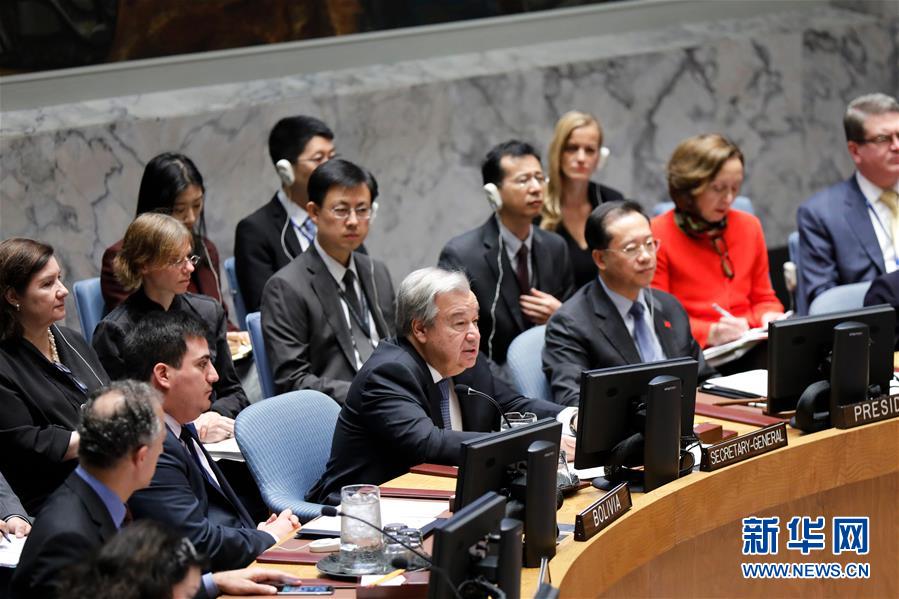 NYC taps Twilio to power its massive contact
NYC taps Twilio to power its massive contact
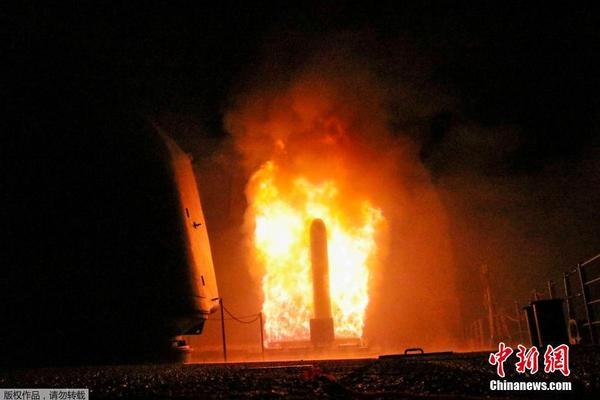 Amazon Prime Video releases Zoom backgrounds for 'Fleabag,' 'Maisel,' and more
Amazon Prime Video releases Zoom backgrounds for 'Fleabag,' 'Maisel,' and more
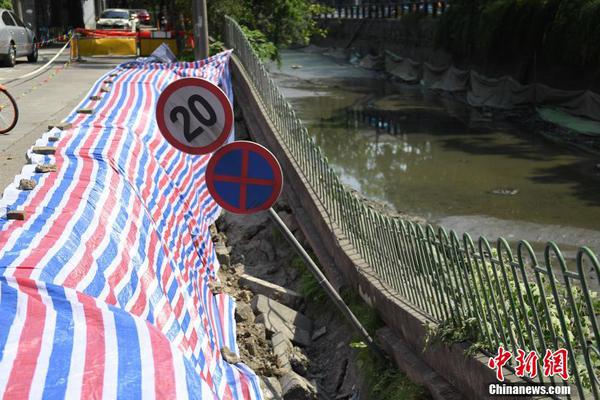 Oatly switches to electric trucks to deliver cartons of oat milk
Oatly switches to electric trucks to deliver cartons of oat milk
 West Covina Councilmember Loses Re
West Covina Councilmember Loses Re
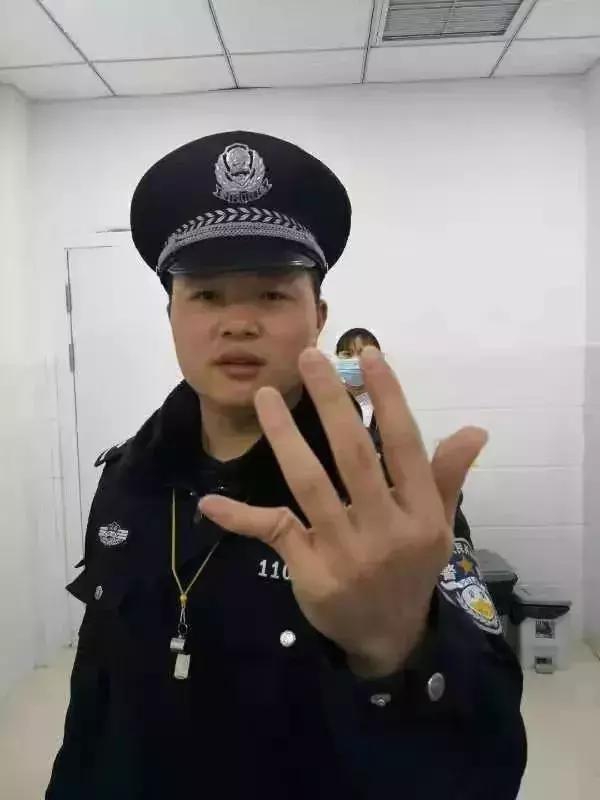 The 'Joe Rogan Experience' podcast will soon be exclusive to Spotify
The 'Joe Rogan Experience' podcast will soon be exclusive to Spotify
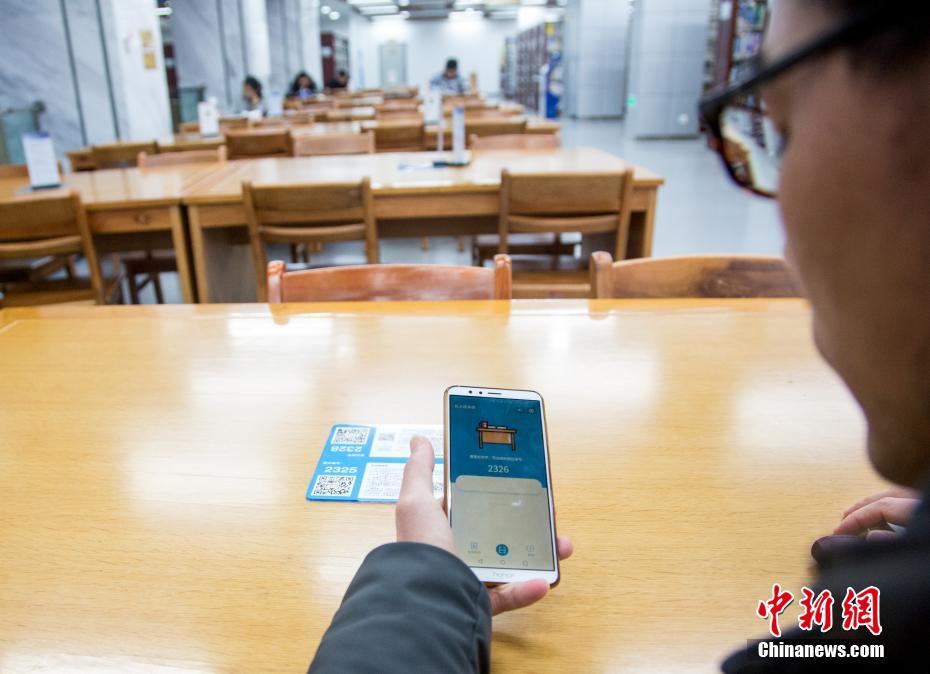 'Paddington' villain Hugh Grant eats humble marmalade for a good cause
'Paddington' villain Hugh Grant eats humble marmalade for a good cause
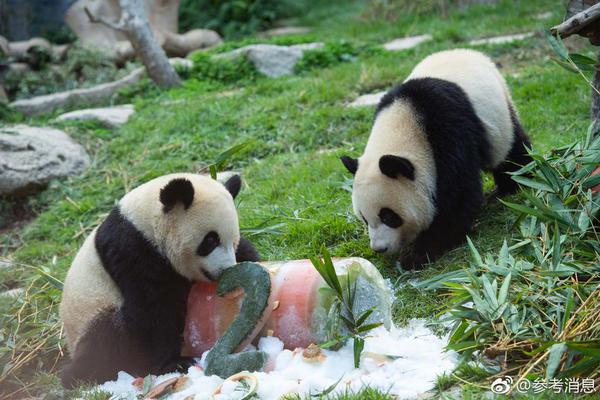 Google's Chrome browser will block battery
Google's Chrome browser will block battery
 Takei: ‘This Nightmare Is Finally Drawing to a Close’
Takei: ‘This Nightmare Is Finally Drawing to a Close’
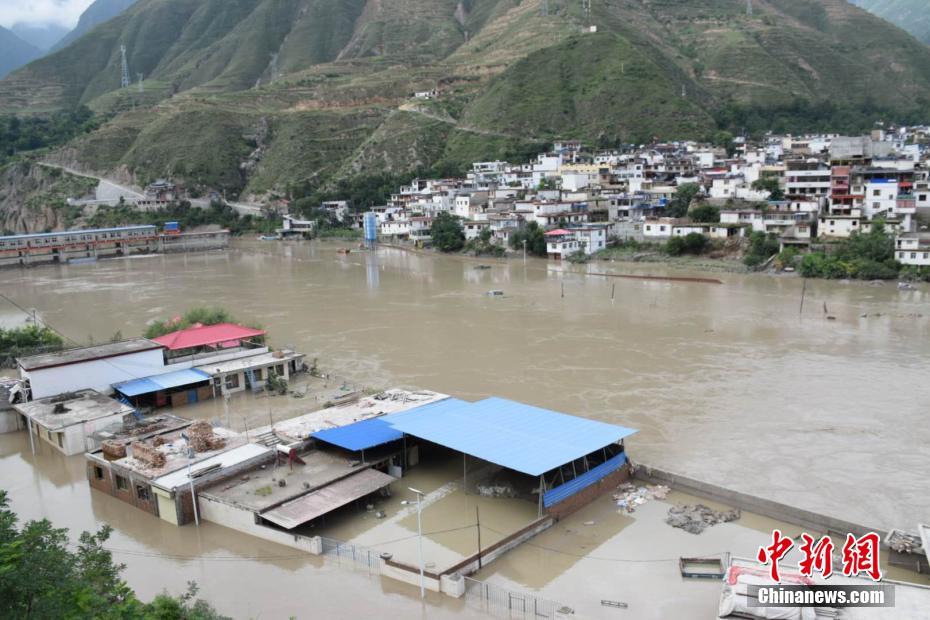 Pedro Pascal shouts out the stuntmen who helped create his Mandalorian
Pedro Pascal shouts out the stuntmen who helped create his Mandalorian
 Individuals and Groups Sign On to Support Little Tokyo Community Investment Fund
Individuals and Groups Sign On to Support Little Tokyo Community Investment Fund
 Headspace is now free for unemployed Americans
Headspace is now free for unemployed Americans
 Chrome's newest update brings revamped safety controls, tab groups
Chrome's newest update brings revamped safety controls, tab groups
 Apple launches 2 new Pride
Apple launches 2 new Pride
 Poll Monitors Mobilized to Protect Rights of Limited
Poll Monitors Mobilized to Protect Rights of Limited
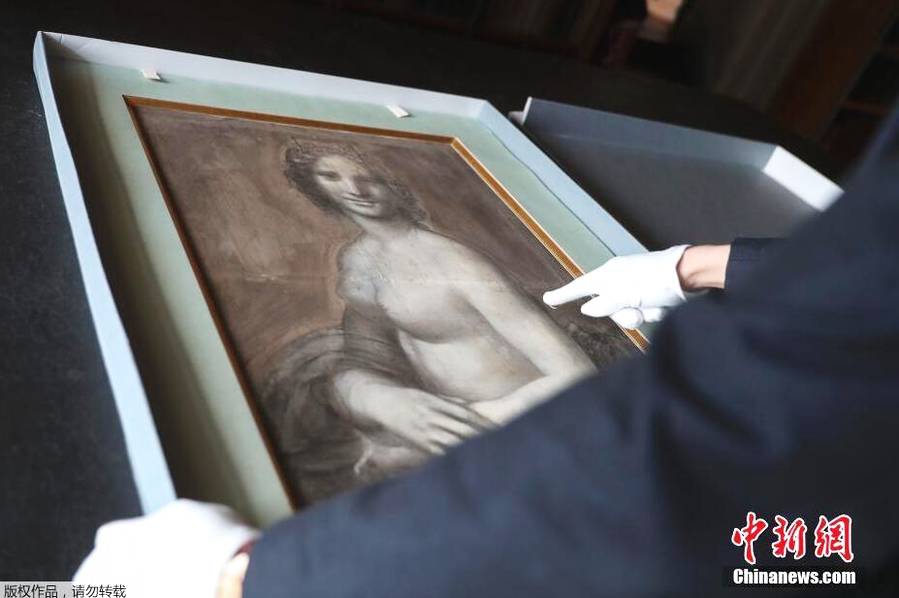 Disney Springs partially reopened with new social distancing rules
Disney Springs partially reopened with new social distancing rules
 Here are the best cheap headphones for working out and daily life
Here are the best cheap headphones for working out and daily life
 Scared to ride? These e
Scared to ride? These e
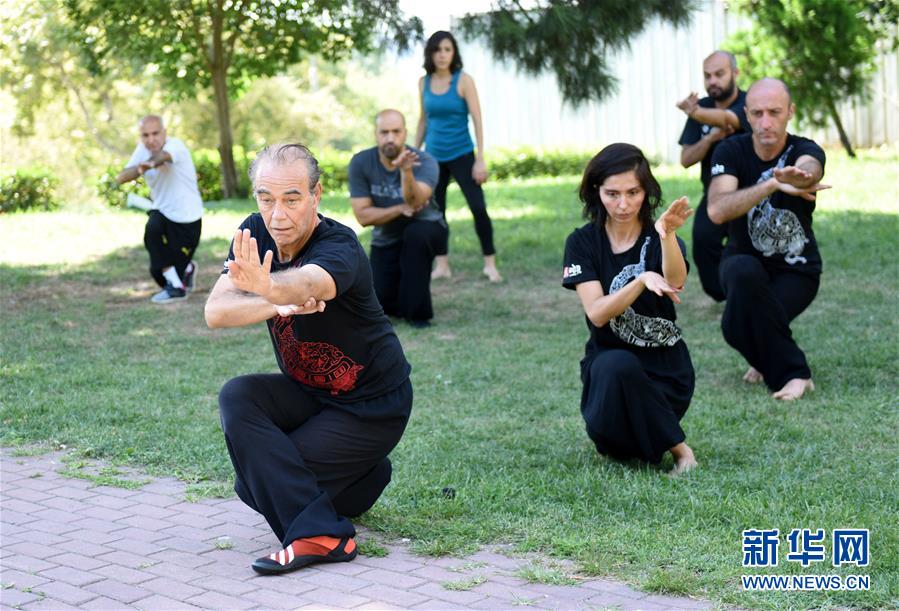 Discussing Sexism, Sexual Assault and Violence in the JA Community
Discussing Sexism, Sexual Assault and Violence in the JA Community
 'Paddington' villain Hugh Grant eats humble marmalade for a good cause
'Paddington' villain Hugh Grant eats humble marmalade for a good cause
President Trump admits his executive order is a ban and somewhere, his lawyers are cryingAriana Grande comforts Manchester high school choir singer during emotional performanceTrain for the resistance like Ruth Bader GinsburgWho to follow on Twitter so you don't have watch the Comey testimonyMan remembers his late bottle of ketchup with a hilarious funeral ceremonyGoogle's new educational program will teach kids to fight hackersJames Comey is our newest sex symbol. Wait, what?Ivanka Trump's 'US Weekly' cover is so dumb, it had to be memedDonald Trump is a defense lawyer's worst nightmarePrepare yourself for a mini Ryan Lochte, world: He's officially a dad 6 of the best YouTube videos to fall asleep to Tumblr's banned words won't push creators away Cyberflashing to become illegal in England and Wales Kevin's chili recipe from 'The Office' is hidden in Peacock's user agreement You can now play 'Wordle' on a Game Boy UK government to introduce porn age verification Anonymous Ukrainians are owning social media 'That's Not My Name' goes viral on TikTok The art of fan edits 9 most random new emoji and how to use them
0.1448s , 10088.3203125 kb
Copyright © 2025 Powered by 【?????? ??????】Enter to watch online.Internment and Intersectionality: George Takei Speaks,Global Perspective Monitoring